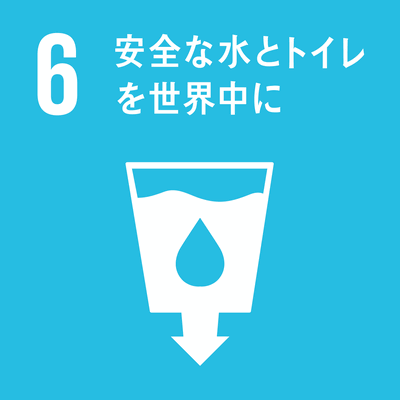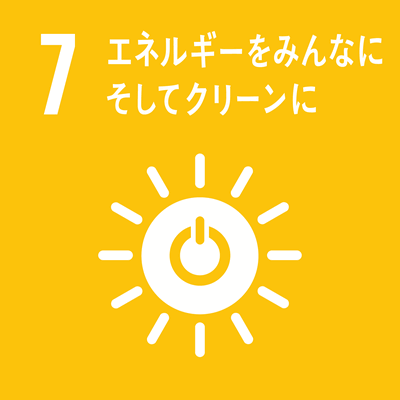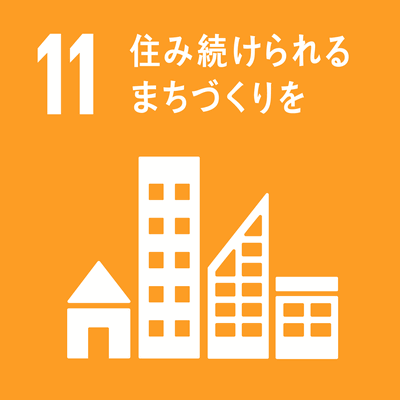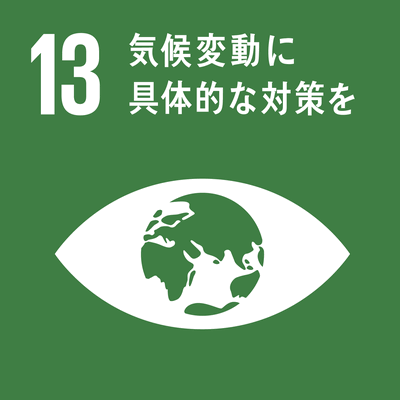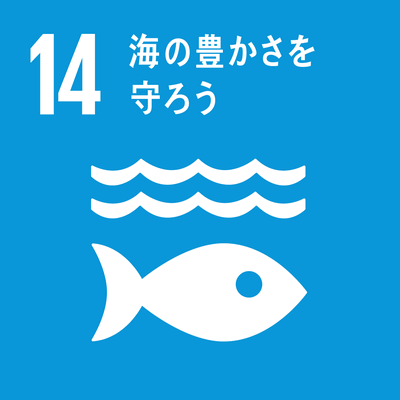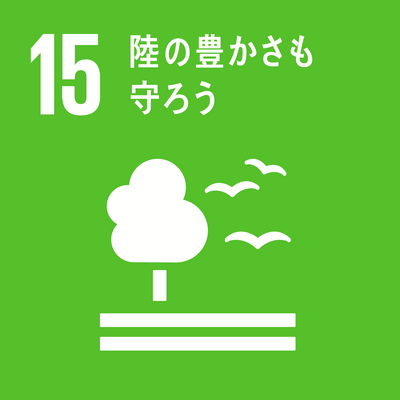シラバス表示
シラバスの詳細な内容を表示します。
→ 閉じる(シラバスの一覧にもどる)
科目の基本情報
| 開講年度 | 2024 年度 | |
|---|---|---|
| 開講区分 | 国際交流センター(国際キャリアアップコース) | |
| 受講対象学生 |
学部(学士課程) : 1年次, 2年次, 3年次, 4年次, 5年次, 6年次 大学院(修士課程・博士前期課程・専門職学位課程) : 1年次, 2年次 大学院(博士課程・博士後期課程) : 1年次, 2年次, 3年次, 4年次 外国人留学生対象の科目です。 |
|
| 選択・必修 | 選択 |
|
| 授業科目名 | 環境科学と持続可能性 | |
| かんきょうかがくとじぞくかのうせい | ||
| Environmental science and sustainability | ||
| 単位数 | ※ 単位 | |
| ナンバリングコード | ||
| 開講学期 |
後期 |
|
| 開講時間 |
水曜日 1, 2時限 |
|
| 授業形態 |
対面授業 * 状況により変更される可能性があるので定期的に確認して下さい
「オンライン授業」・・・オンライン会議ツール等を利用して実施する同時双方向型の授業 |
|
| 開講場所 | 国際交流センター 視聴覚室(CIER, Audio Visual Room) | |
| 担当教員 | オクタヴィア・ディナ(国際交流センター) | |
| OKTAVIA, Dina(CIER) | ||
| SDGsの目標 |
|
|
| 連絡事項 | * 状況により変更される可能性があるので定期的に確認して下さい |
|
学修の目的と方法
| 授業の概要 | The course will introduce students to environmental science and concepts of sustainability. Besides, this course will elaborate on the importance of biodiversity and ecological principles related to human well-being. |
|---|---|
| 学修の目的 | The aim is for students to deepen their understanding of environmental science and concepts of sustainability. To comprehend the main concepts in the importance of biodiversity and ecological principles related to human well-being. |
| 学修の到達目標 | The main goal of this course is for students can explain the concept of environmental science and sustainability. Students can understand the role of the existence of organisms including humans on the earth. Therefore, able to elaborate on the importance of biodiversity and ecological principles in daily life. |
| ディプロマ・ポリシー |
|
| 成績評価方法と基準 | 100 total points: 1st assignment (20 points), 2nd assignment (30 points), 3rd assignment (30 points), class attendance (20 points). Students who miss 1/3 or more of classes will not receive credit. |
| 授業の方法 | 講義 演習 |
| 授業の特徴 |
問題提示型PBL(事例シナリオ活用含) 問題自己設定型PBL 実地体験型PBL プレゼンテーション/ディベートを取り入れた授業 グループ学習の要素を加えた授業 地域理解・地域交流の要素を加えた授業 教員と学生、学生相互のやり取りが、ほぼ英語で進められる授業 |
| 授業アンケート結果を受けての改善点 | |
| 教科書 | |
| 参考書 | Essentials of Ecology. Volume 5e, G. Tyler Miller, Jr. and Scott E. Spoolman. USA; Gluck, Yolanda Cossio (2009) The Ecology Book: Big Ideas Simply Explained. United Kingdom: Dorling Kindersley Limited, 2019. |
| オフィスアワー | Monday 10:00 – 12:00 |
| 受講要件 | This is an English content class and therefore a strong background in English writing, reading and communication is necessary. Every student will have to speak in English in class. |
| 予め履修が望ましい科目 | |
| 発展科目 | |
| その他 |
授業計画
| MoodleのコースURL |
|---|
| キーワード | 環境、持続可能性、生物多様性、生態学、環境保全、天然資源 |
|---|---|
| Key Word(s) | Environment, Sustainability, Biodiversity, Ecology, Conservation, Natural resources |
| 学修内容 | Class 1 Introduction Class 2 Environmental Problems, Their Causes, and Sustainability Class 3 Sustainability Class 4 What Is Pollution and What Can We Do about It? Class 5 What Is Ecology? Class 6 Ecosystems Have Living and Nonliving Components Class 7 How Do Scientists Study Ecosystems? Class 8 What Is Biodiversity and Why Is It Important? Class 9 What is species diversity and why is it important? Class 10 What roles do species play in ecosystems? Class 11 The human population and its impact Class 12 Climate and Terrestrial Biodiversity Class 13 Aquatic Biodiversity Class 14 Discussion Class 15 Closure and final presentation |
| 事前・事後学修の内容 | Before the following week’s class, students will be assigned various prep work assignments, including reading of book or articles. |
| 事前学修の時間:120分/回 事後学修の時間:120分/回 |
